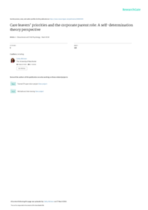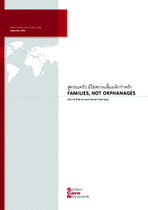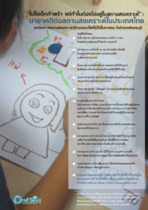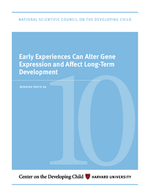Care leavers' priorities and the corporate parent role: A self-determination theory perspective
This paper explores care leavers’ needs and priorities from the perspective of self-determination theory (SDT), which relates the individual’s motivation to the human need for competence, relatedness and autonomy.




